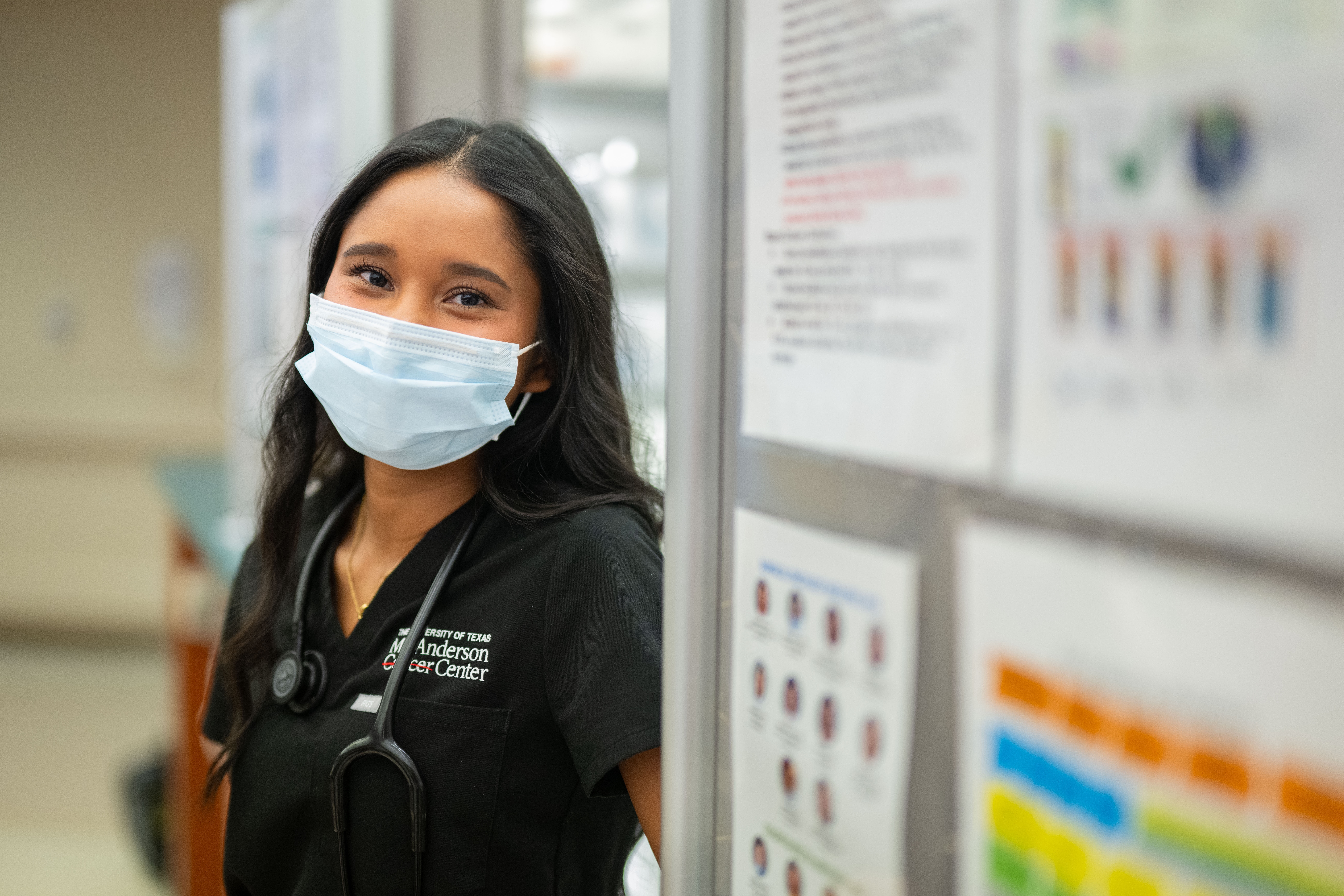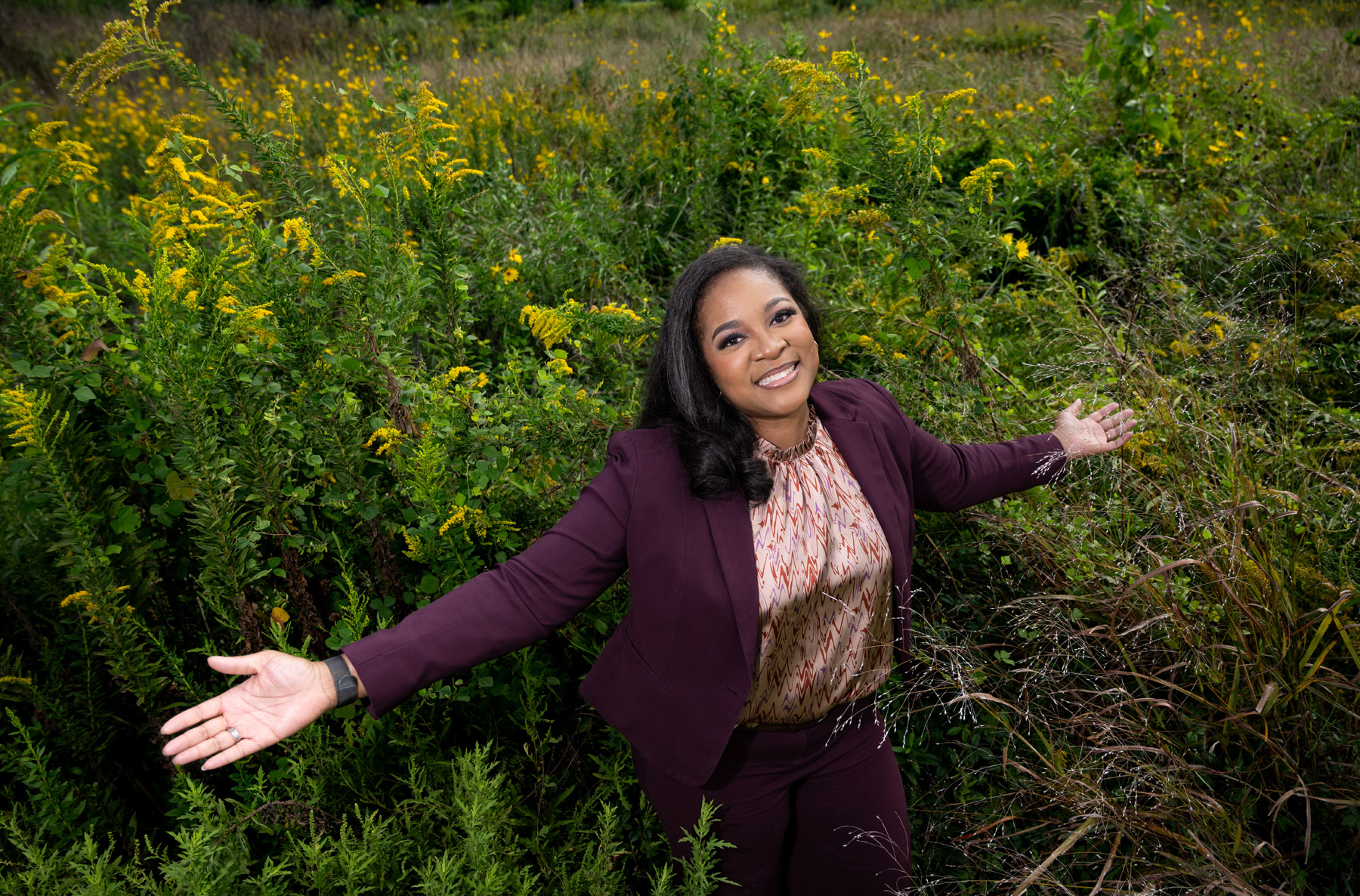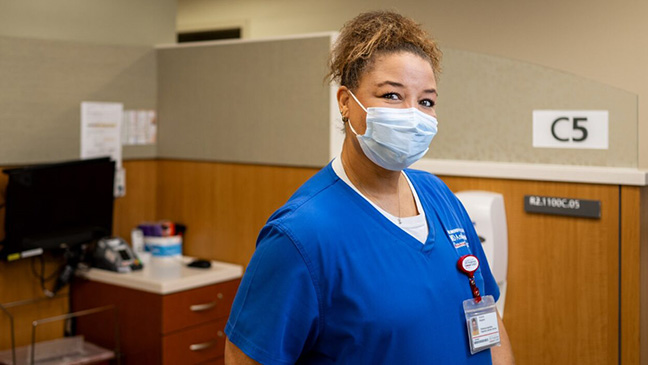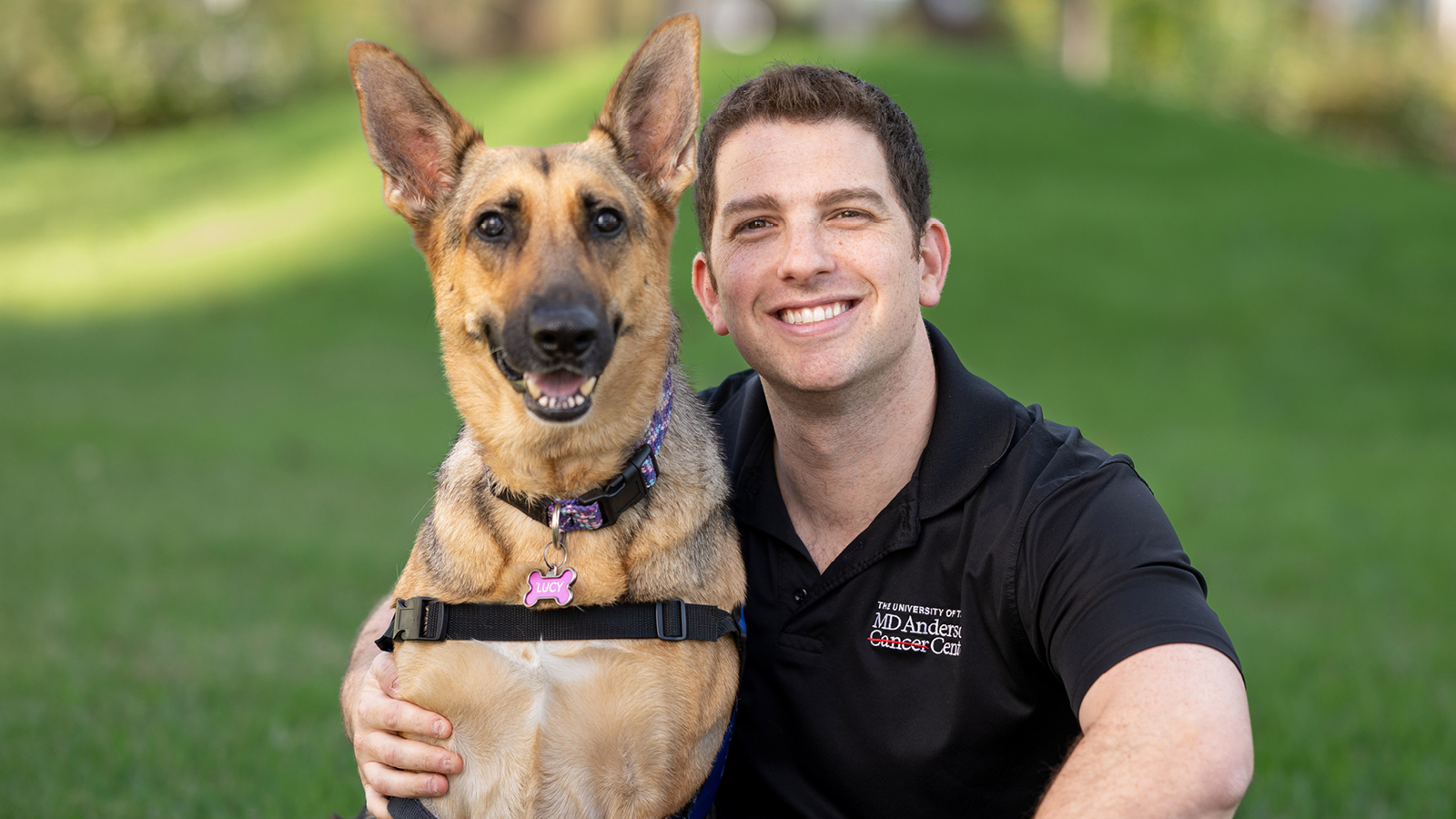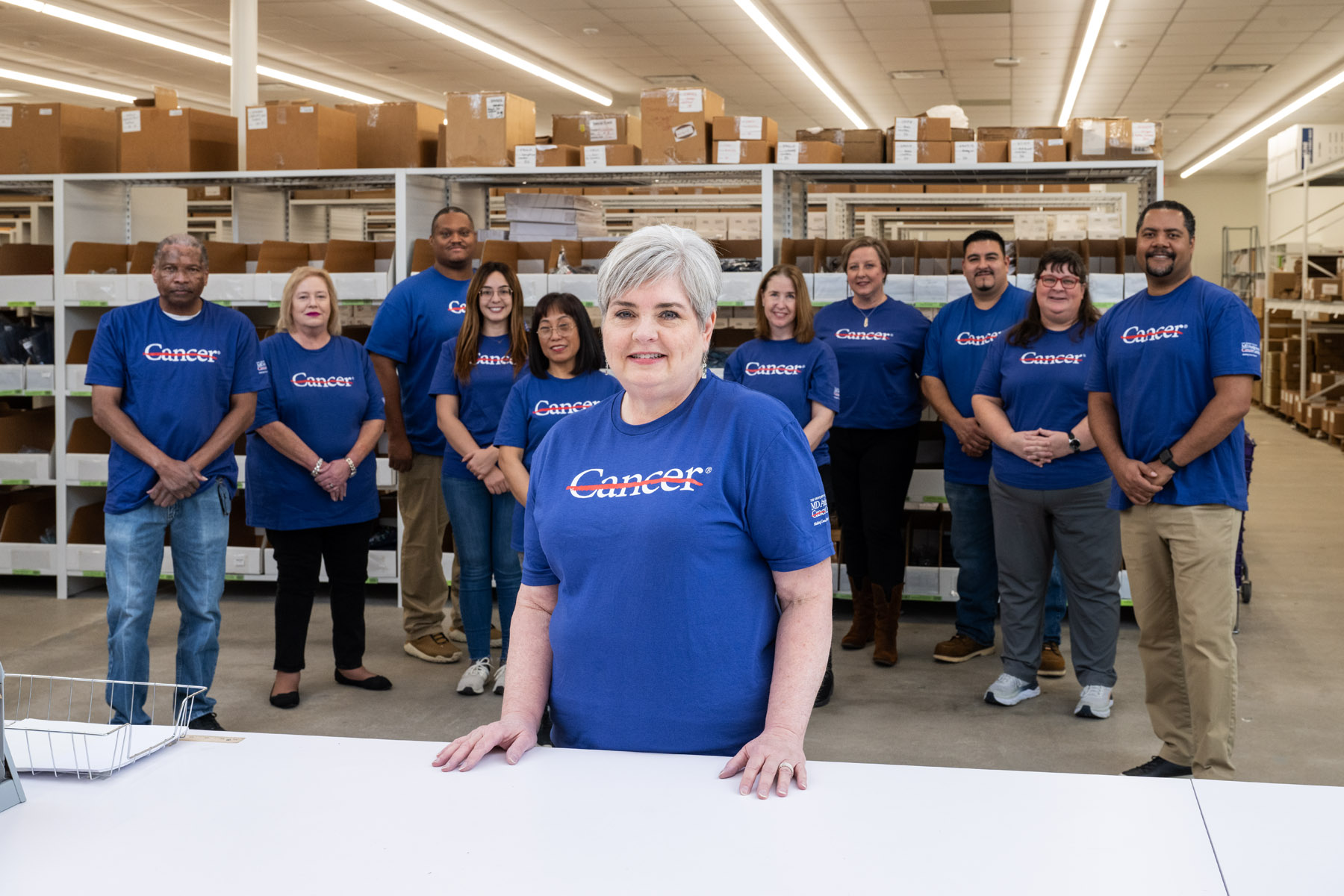- Diseases
- Acoustic Neuroma (14)
- Adrenal Gland Tumor (24)
- Anal Cancer (66)
- Anemia (2)
- Appendix Cancer (16)
- Bile Duct Cancer (28)
- Bladder Cancer (68)
- Brain Metastases (28)
- Brain Tumor (228)
- Breast Cancer (716)
- Breast Implant-Associated Anaplastic Large Cell Lymphoma (2)
- Cancer of Unknown Primary (4)
- Carcinoid Tumor (8)
- Cervical Cancer (154)
- Colon Cancer (164)
- Colorectal Cancer (110)
- Endocrine Tumor (4)
- Esophageal Cancer (42)
- Eye Cancer (36)
- Fallopian Tube Cancer (6)
- Germ Cell Tumor (4)
- Gestational Trophoblastic Disease (2)
- Head and Neck Cancer (6)
- Kidney Cancer (124)
- Leukemia (344)
- Liver Cancer (50)
- Lung Cancer (288)
- Lymphoma (284)
- Mesothelioma (14)
- Metastasis (30)
- Multiple Myeloma (98)
- Myelodysplastic Syndrome (60)
- Myeloproliferative Neoplasm (4)
- Neuroendocrine Tumors (16)
- Oral Cancer (100)
- Ovarian Cancer (170)
- Pancreatic Cancer (166)
- Parathyroid Disease (2)
- Penile Cancer (14)
- Pituitary Tumor (6)
- Prostate Cancer (144)
- Rectal Cancer (58)
- Renal Medullary Carcinoma (6)
- Salivary Gland Cancer (14)
- Sarcoma (236)
- Skin Cancer (294)
- Skull Base Tumors (56)
- Spinal Tumor (12)
- Stomach Cancer (60)
- Testicular Cancer (28)
- Throat Cancer (90)
- Thymoma (6)
- Thyroid Cancer (98)
- Tonsil Cancer (30)
- Uterine Cancer (78)
- Vaginal Cancer (14)
- Vulvar Cancer (18)
- Cancer Topic
- Adolescent and Young Adult Cancer Issues (20)
- Advance Care Planning (10)
- Biostatistics (2)
- Blood Donation (18)
- Bone Health (8)
- COVID-19 (362)
- Cancer Recurrence (120)
- Childhood Cancer Issues (120)
- Clinical Trials (622)
- Complementary Integrative Medicine (24)
- Cytogenetics (2)
- DNA Methylation (4)
- Diagnosis (226)
- Epigenetics (6)
- Fertility (62)
- Follow-up Guidelines (2)
- Health Disparities (14)
- Hereditary Cancer Syndromes (122)
- Immunology (18)
- Li-Fraumeni Syndrome (8)
- Mental Health (118)
- Molecular Diagnostics (8)
- Pain Management (64)
- Palliative Care (8)
- Pathology (10)
- Physical Therapy (18)
- Pregnancy (18)
- Prevention (888)
- Research (388)
- Second Opinion (74)
- Sexuality (16)
- Side Effects (602)
- Sleep Disorders (10)
- Stem Cell Transplantation Cellular Therapy (216)
- Support (404)
- Survivorship (322)
- Symptoms (186)
- Treatment (1770)
Caregiver supports ovarian cancer research to honor wife’s memory
3 minute read | Published March 21, 2024
Medically Reviewed | Last reviewed by an MD Anderson Cancer Center medical professional on March 21, 2024
When Mac Dunwoody thinks of his late wife, Susan, he doesn’t focus on the ovarian cancer that ultimately took her life. Instead, he remembers the seven wonderful “bonus” years they enjoyed, thanks to MD Anderson and its research programs.
“We didn’t just have seven years of survival. We had almost six years of high-quality life,” Mac says. “I wish we could’ve had more. But when I look back now and realize how much time we had together, even after her diagnosis in 2015, it’s spectacular. In the beginning, we were praying for just six more months.”
Susan’s ovarian cancer symptoms
Susan experienced frequent urination and burping for years, though no one could find any cause for them. But her most severe ovarian cancer symptoms came on quickly, just before her diagnosis.
“Within two weeks of returning from a trip to India, her stomach suddenly inflated,” Mac recalls. “She went from having a flat belly to looking like she was seven months pregnant. And Susan was in incredible shape. She exercised almost every day.”
Susan soon learned from her primary care doctor that she had stage IV ovarian cancer. The bloating was from ascites, or fluid-filled pockets in the abdomen, which can be a telltale sign of late-stage disease. After that, deciding to seek treatment at MD Anderson was easy.
“Susan realized she had two important decisions to make,” Mac says. “First: who to trust to lead her through treatment, and second: whether to live in fear or acceptance. Susan chose MD Anderson and acceptance. And from that day forward, she never looked back. Susan modeled how to turn a cancer diagnosis into something positive.”
Specialized ovarian cancer treatment
Mac and Susan found the expertise they needed in surgical oncologist Larissa Meyer, M.D., who specializes in gynecologic cancers at MD Anderson.
“Dr. Meyer came highly recommended by several different people,” says Mac. “Our own research showed her phenomenal reputation. But once we met with her, we felt really comfortable. Dr. Meyer was our quarterback, and we relied on her 100%. We never could’ve lived the wonderful life we did if we hadn’t had complete confidence in her, and her amazing team.”
Under Meyer’s supervision, Susan had several initial rounds of chemotherapy to try to shrink the tumors. Meyer then performed a debulking surgery to remove as much of the cancer as possible. Finally, Susan received a series of different chemotherapy combinations to prolong her life.
“Each one worked for about five or six months and then stopped,” Mac recalls. “But every time, Dr. Meyer came up with a new option. Those might sound like small increments, but back-to-back, they really started adding up. We felt very fortunate.”
Supporting ovarian cancer research in Susan’s honor
One of Susan’s last and most meaningful experiences at MD Anderson was becoming the first patient with ovarian cancer to try a new type of immunotherapy called genetically engineered tumor-infiltrating lymphocytes under gynecologic oncologist Amir Jazaeri, M.D.
“Susan knew the odds were probably pretty small that this treatment would change the ultimate outcome for her,” explains Mac. “But once she understood her doctors could learn from it and that this might be helpful to other people, it gave her a wonderful sense of purpose.”
Mac and Susan founded The Susan Dunwoody Fund for Ovarian Cancer Research at MD Anderson in 2016, to further support its mission to end cancer. Mac also serves on MD Anderson’s Board of Visitors and is chairing this year’s Sprint for Life 5K run/walk on May 4, which supports ovarian cancer research.
“To make it seven years after a stage IV ovarian cancer diagnosis is really amazing,” Mac says. “Susan and I both realized that the gift of time we got with each other was because of all the people who came 5, 10 or 20 years before her. Through them, doctors kept learning a little more and a little more about ovarian cancer. So, this was our way to express thanks and be a part of it. It’s our turn now.”
Request an appointment at MD Anderson online or call 1-877-632-6789.

This was our way to express thanks. It’s our turn now.
Mac Dunwoody
Caregiver & Donor

